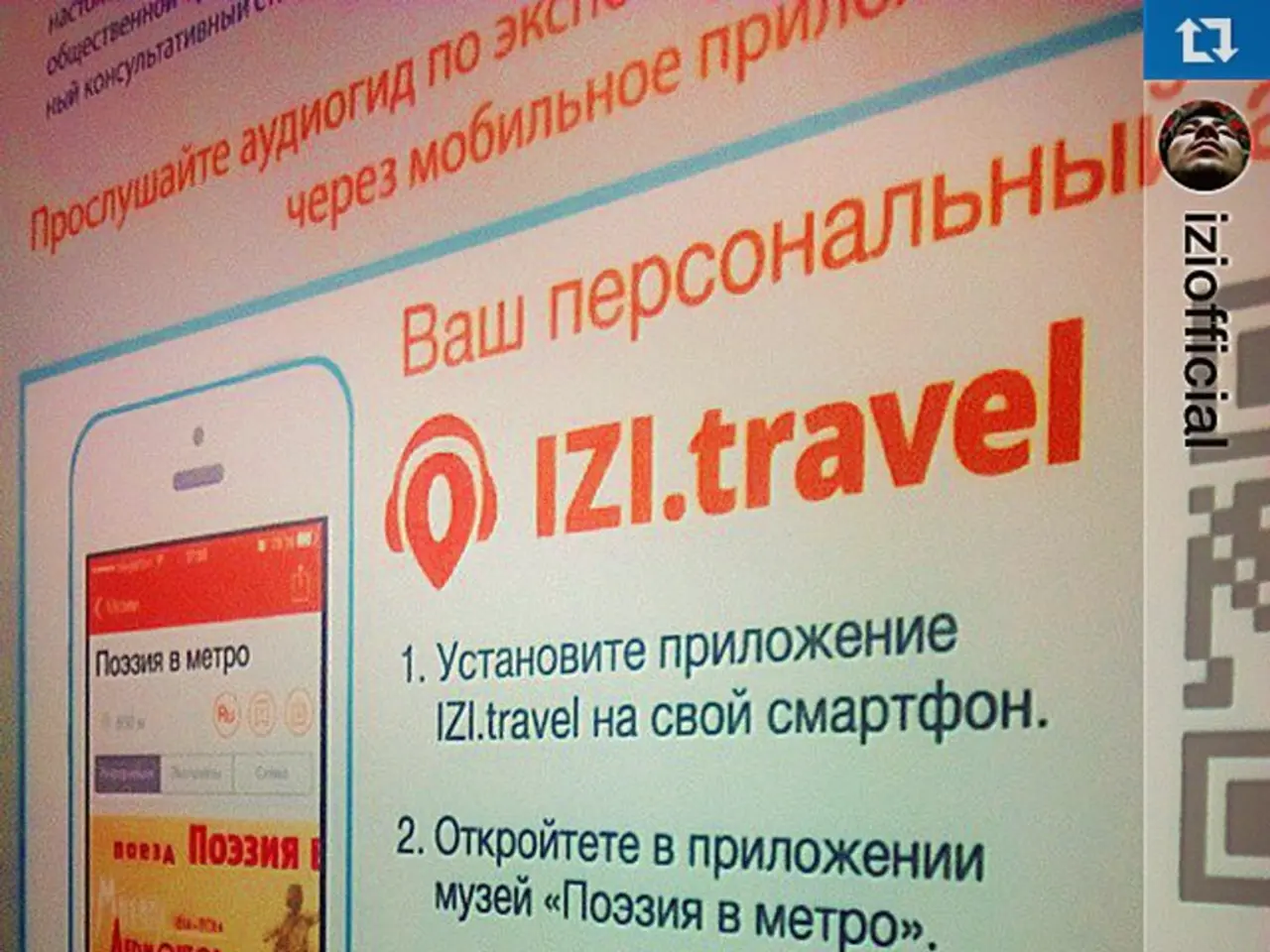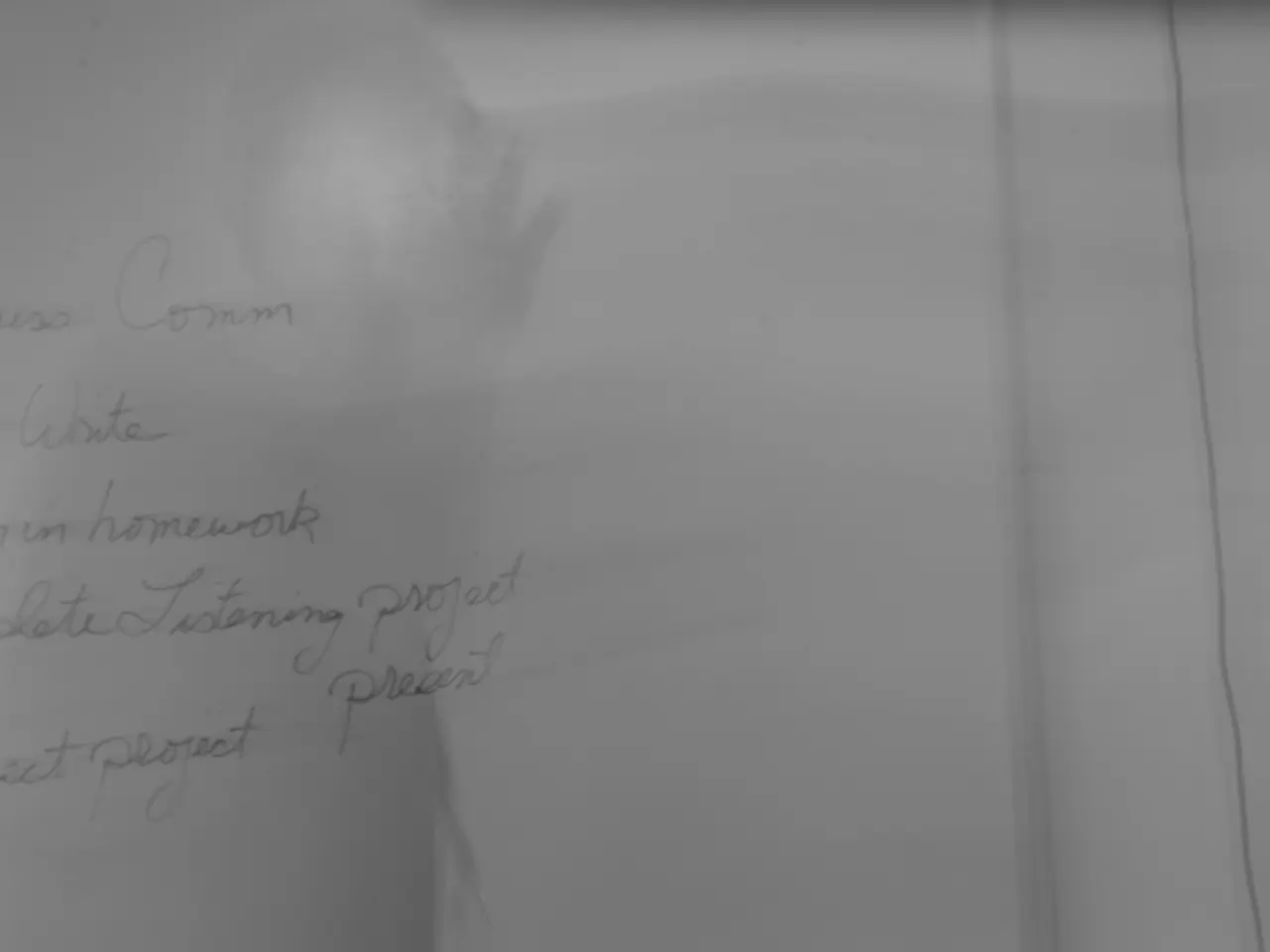Stock market's closing up 0.19%, propelled by tech and defense shares momentum
📢 Let's talk about the happenings in Korea's stock market on June 19, 2025!
Exciting times! The KOSPI, Korea's main stock market index, closed at an impressive 2,977.74 points, up 0.19% - a four-day winning streak, no less! And guess what? This is the market's highest closing level since January 4, 2022! 🌟
But what propelled the KOSPI to this level? Well, buckle up as we dive into the factors shaping the stock market landscape.
First off, the tech sector was essentially steering the ship. Major tech companies like Naver and Kakao experienced impressive growth - Naver climbed by 3.49%, while Kakao skyrocketed a whopping 9.42%. This tech rally was fueled by policy optimism and hopes of improved earnings. 🤯
However, geopolitical tensions between Israel and Iran kept things interesting - and cautious. Market participants were keeping a close eye on the Middle Eastern conflict, causing the KOSPI to hesitate before reaching the psychologically significant 3,000 mark. 📈💠
Next up, the US Federal Reserve's interest rate policy played a role in shaping market sentiment. The Fed chose to maintain its benchmark interest rate within the 4.25-4.5% range, suggesting a cautious stance due to uncertainties from US tariff policies. 🤝
Now, let's talk about foreign and institutional investors. While retail investors pumped 351 billion won into shares, foreign and institutional investors, however, sold a combined 383.9 billion won, which capped the KOSPI's upward momentum. 🤔
Lastly, the Korean won weakened considerably against the US dollar, adding to market pressure, and the South Korean government announced an additional $14.7 billion in fiscal spending to bolster domestic demand and economic recovery, providing a bit of optimism amid external risks. 💸
In conclusion, the KOSPI's moderate increase on June 19 was bolstered by sector strength and government spending initiatives, but tempered by geopolitical tensions, cautious Fed policies, a weaker Korean won, and net selling by foreign and institutional investors. 📉✨
Hope this quick rundown helped you understand the Korean stock market's dynamics! Now, if you're curious about latest updates or wish to dive deeper into a specific topic, don't hesitate to ask! I'm here to help! 🙌️
The Korean government announced an additional $14.7 billion in fiscal spending to bolster domestic demand and economic recovery, indicating a response to external risks.
Investment from foreign and institutional investors potentially played a role in curbing the KOSPI's upward momentum, as they net-sold a combined 383.9 billion won worth of shares.
Defense industry participants might be observing geopolitical tensions between Israel and Iran with cautious interest, given the impact such conflicts could have on global stock markets.




